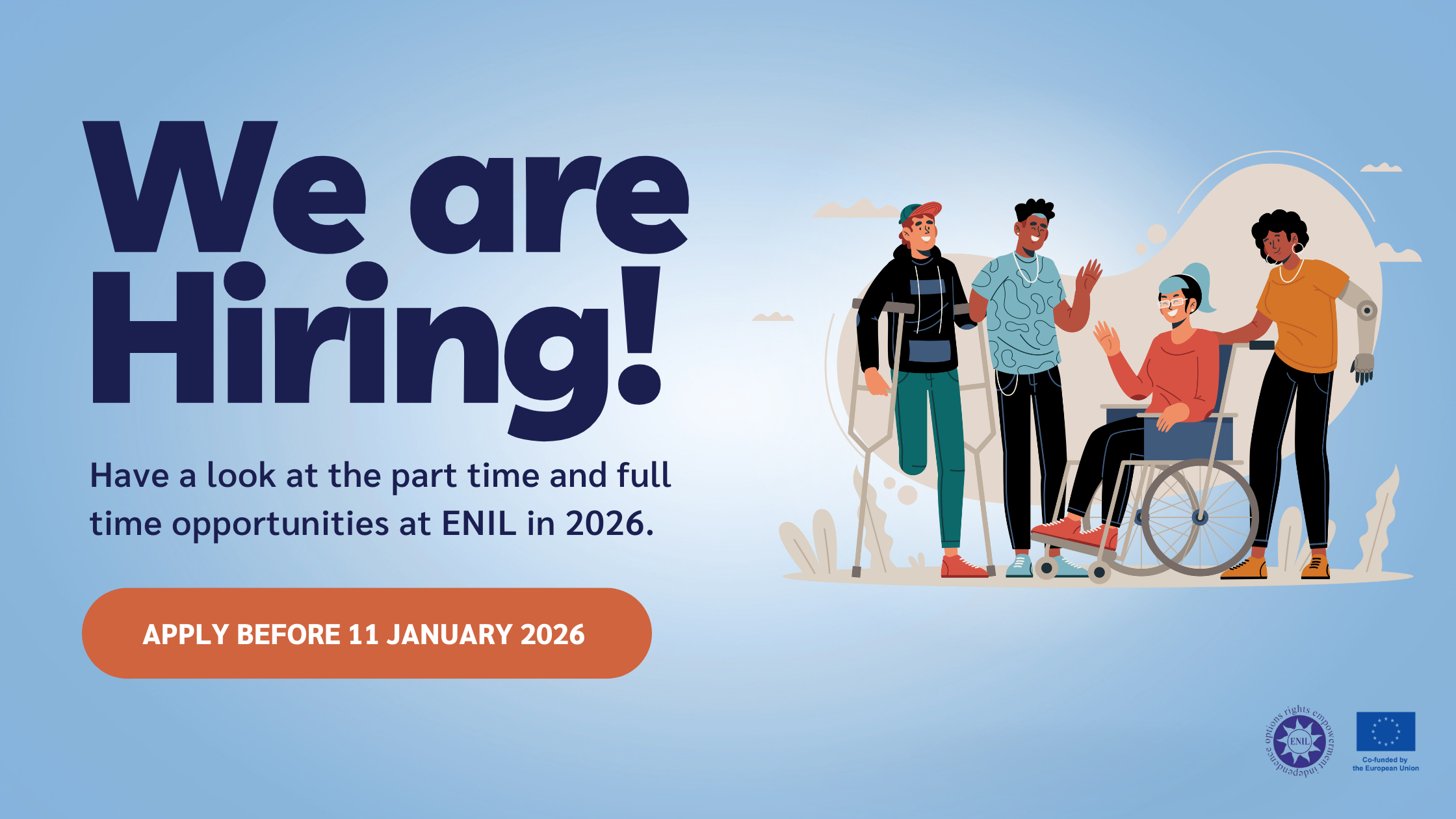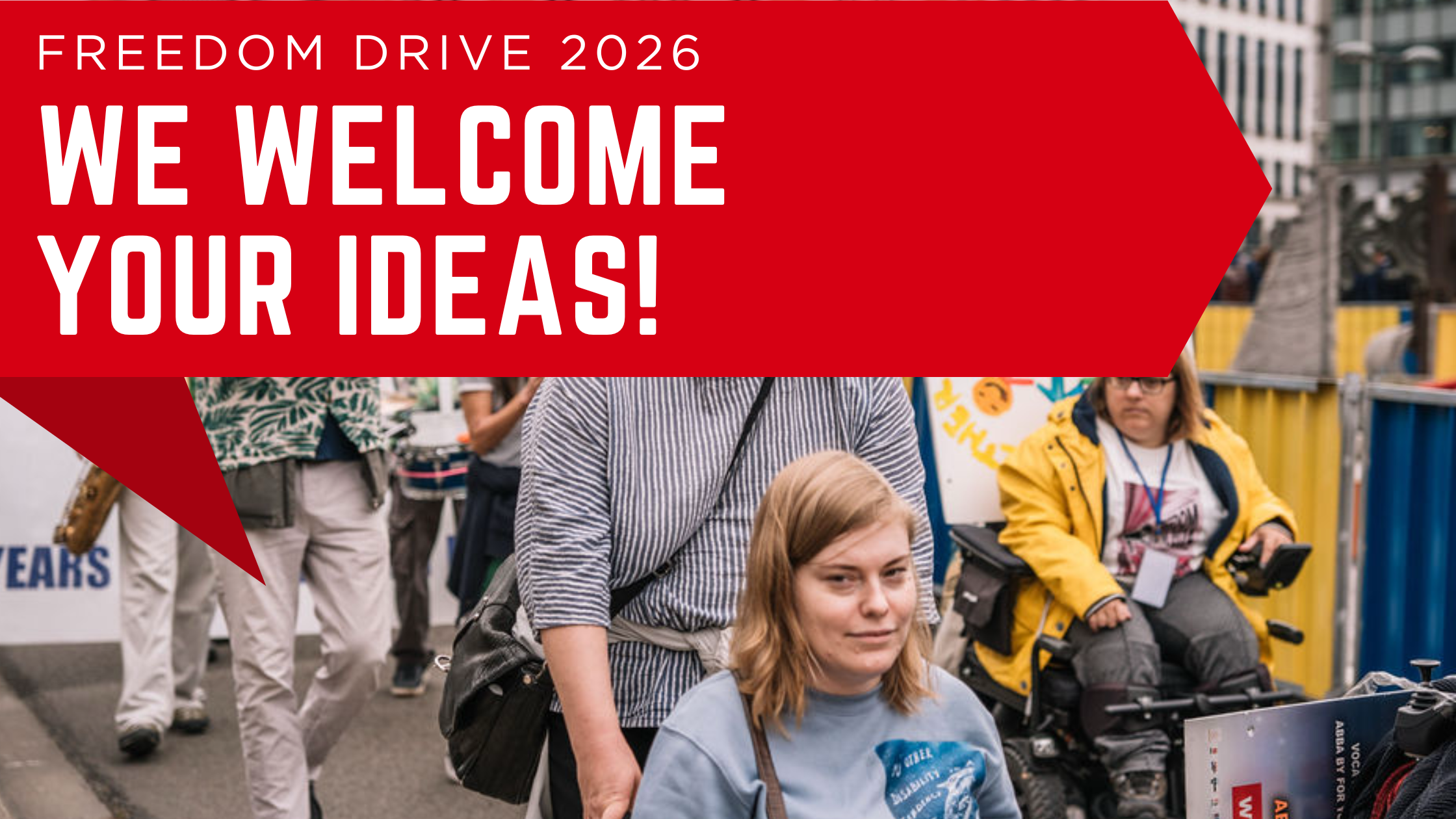On 23 – 26 July, the Ninth Working Session of the Open-Ended Working Group on Ageing (OEWGA) will take place at the UN headquarters in New York. OEWGA was established by the UN General Assembly in 2010, in order to look at the existing international framework on the human rights of older persons and identify possible gaps. They are also considering the feasibility of an instrument (i.e. a new convention) on the protection of the rights of older persons.
During the Ninth Session, OEWGA will focus on two areas: Autonomy and Independence, and Long-term and Palliative Care, in the context of older people. In preparation for the session, they therefore invited members of the Working Group, the national human rights institutions, as well as NGOs with ECOSOC status (such as ENIL) to answer a number of questions to help them identify existing laws and policies, key barriers and good practices in these areas.
ENIL decided to respond to this call, in order to make sure that the Working Group takes into account the views of disabled people. We disseminated the guiding questions to our members and through the Newsletter, and consulted our research on Personal Assistance and other relevant reports.
The key issues highlighted in our submission are: disabled people may not be eligible, or may lose their right to personal assistance when they reach the age of 65; many older people are placed in institutions, and this gotten worse following cuts to social and health care budgets across Europe; older people tend to be placed under guardianship and may end up in an institution as a result; there is a lack of disaggregated data by age, which would allow us to monitor access of older disabled people to independent living.
We take this opportunity to thank everyone who contributed to our survey.
To read ENIL’s submission, please click here.


